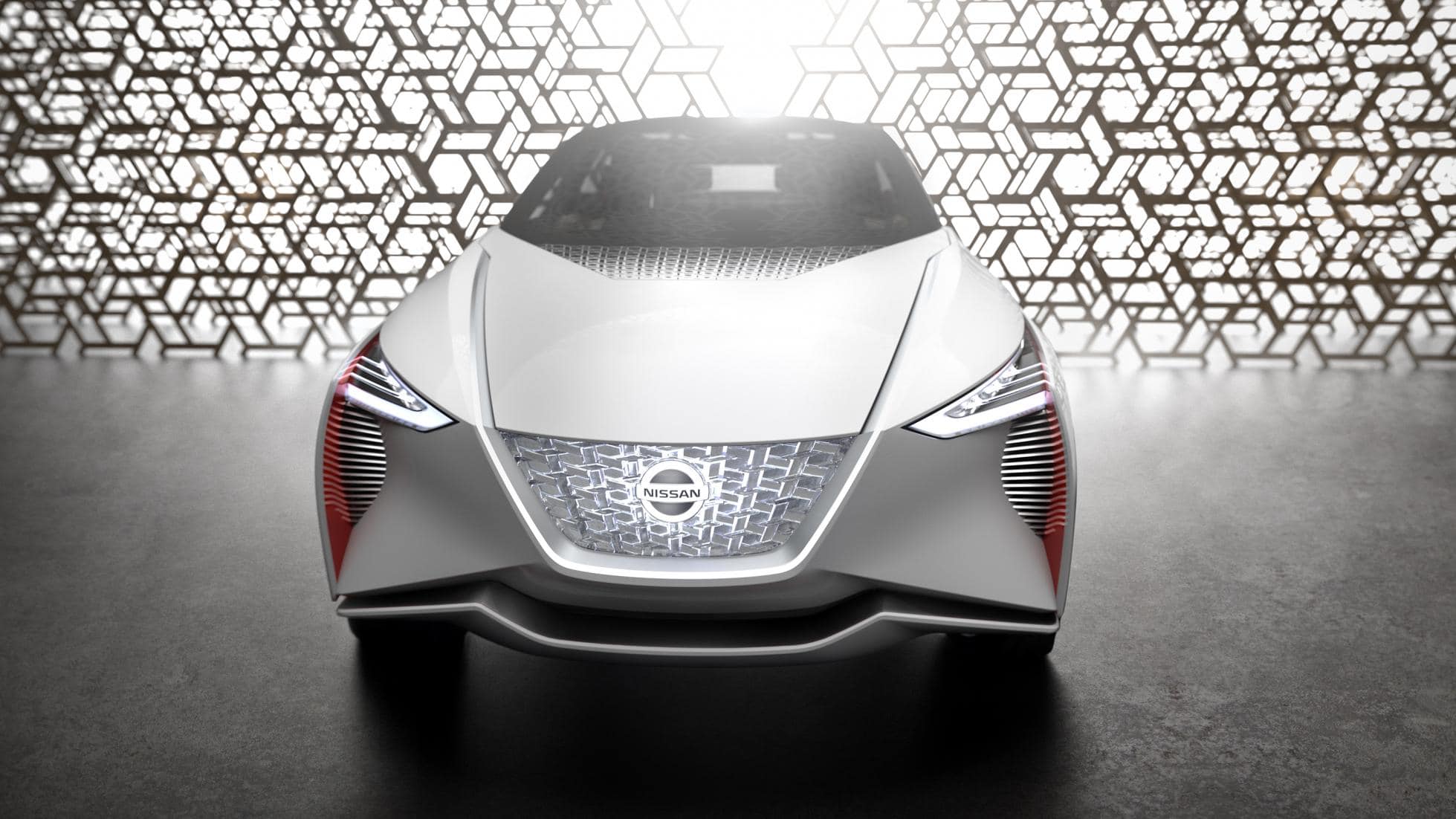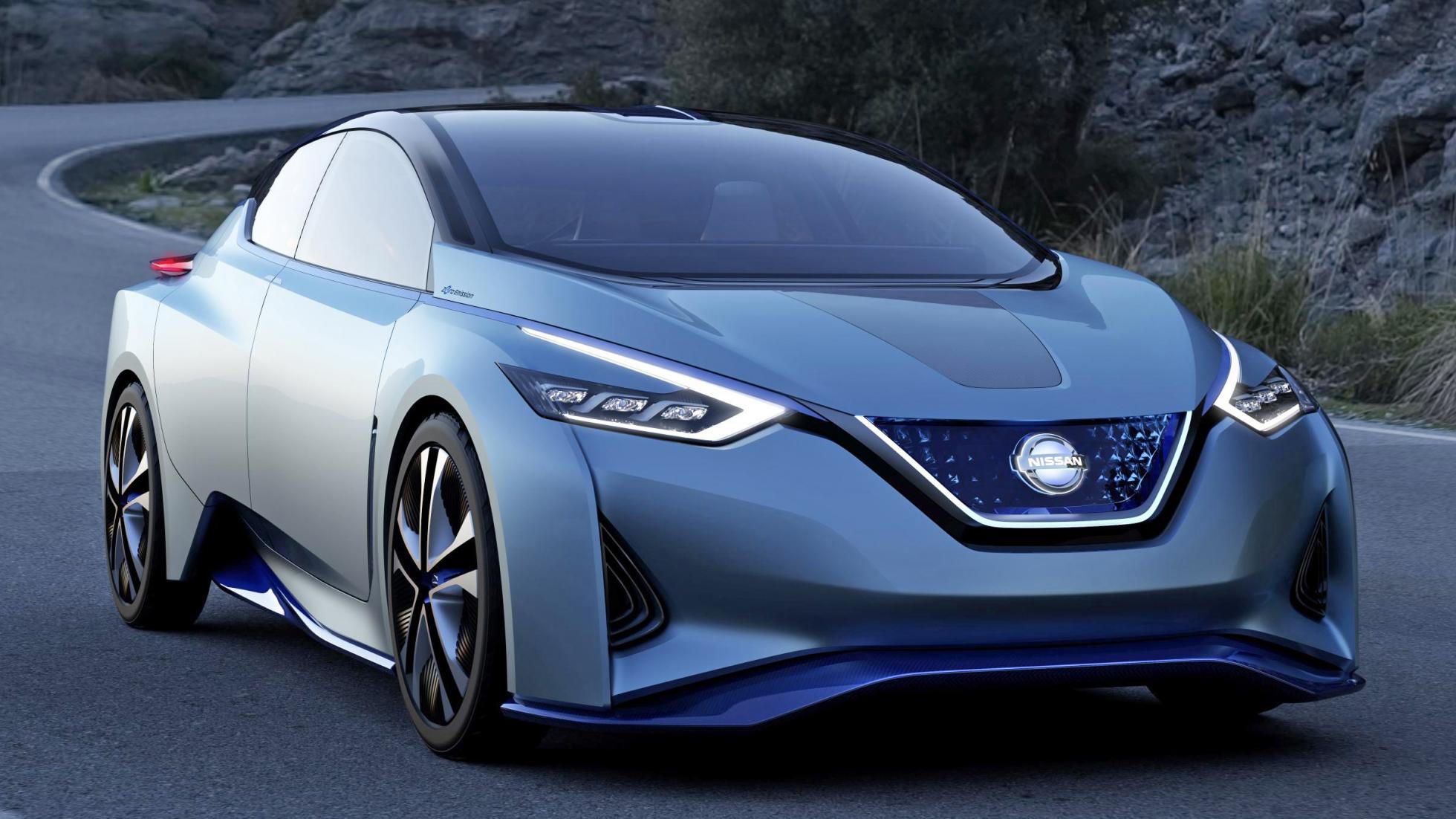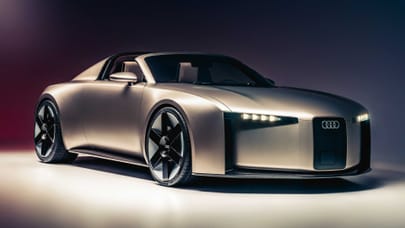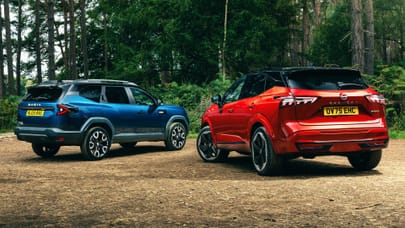
What are the challenges facing Nissan’s self-driving cars?
Top Gear catches up with the brains working on Nissan’s driverless future
It’s been a controversial few months for the self-driving car. Several high-profile incidents involving the Tesla Autopilot system, and the fatal collision in March 2018 between an autonomous Uber prototype and a pedestrian, have put the spotlight on the readiness of guardian angel tech, and how – or if – companies can guarantee it’s foolproof.
Nissan’s best effort is currently the ProPilot system available in the new Leaf EV. The company says it will have an ‘eyes-off’ autonomous-capable car ready by 2022, and is currently working feverishly on testing in California. Top Gear caught up with Dr. Maarten Sierhuis, Nissan’s Chief Technology Director and a man with 12 years experience at NASA, where he created a computer language for all communication between Mission Control and the International Space Station.
He’s a world authority on making complex machines communicate with one another, and with humans. Luckily, he’s also able to translate that giant intellect into terms we can follow. Phew. So, we sat down with Maarten to ask about the thorny issues currently swirling around the self-driving car dream. He began by explaining that geographically, the systems will need ‘boundaries’ programmed in, so it only unlocks self-driving capability in districts, states or countries where eyes-off operation is legal.
Top Gear: So, if the car can geo-tag, can it weather-tag? What happens if it’s in the right place, but poor weather obscures the road, or the sensors?
Dr. Sierhuis: “The first systems will be geographically bounded, it won’t work in different areas. We’ll have different systems: a robotaxi for delivering people, and robo-delivery, which can deliver packages. And yes, it would be very simple to put detectors on the car to read the weather.”
TG: What’s the optimum system? Would the car then tell the driver that the autonomous systems are offline?
DS: “Well, just don’t drive, if you’re in a situation where you’d decide not to drive. There will be a fleet managing company that manages a fleet of vehicles, that will have a set of rules that will define when they will and won’t provide the service. That might be Nissan, or the alliance [Renault-Nissan-Mitsubishi] or other companies – we don’t know.
This is not something I’m keeping myself too busy with. We’ve got to develop the technology that’s useful first. Others will decide the business angle. For us it’s mostly ‘where can we test this’, and for us we want to test first and foremost without people in the vehicle. We always need to be safe. We have test drivers and engineers in the vehicles, and eventually we might want to try it in an area with some customers on board.”
TG How do you program ethics into a self-driving car, i.e. how it makes potential life-and-death decisions?
DS: “Ethics questions is a very difficult question – it’s difficult for humans to reason about ethics. Sometimes it’s culturally defined, sometimes by laws, it’s defined by trust: What do we trust the system to do? We do not ‘program the ethics’.
Top Gear
Newsletter
Thank you for subscribing to our newsletter. Look out for your regular round-up of news, reviews and offers in your inbox.
Get all the latest news, reviews and exclusives, direct to your inbox.
“The vehicle will always obey the law. This is where the human does the ethical decision making – it’s the go/no-go decision. The system itself is not going to make a judgment on ‘I have a dog or old lady in front of me – it doesn’t reason with these kind of concepts. It will always try to avoid any object. Ethics for us doesn’t really play a role.
“If there’s going to be an accident, there’s going to be an analysis. This happens today, in court. But in the future, we will have data of everything that happened around the vehicle so the judgment about who was wrong will be easier."
TG: Volvo has said the company will admit liability for an autonomous car involved in an accident. Where does Nissan stand on that issue?
DS: “To me this is a business decision – I’ve no idea what the future will hold. It’s easy to say that now. We don’t know what the future will hold and we don’t yet have these kind of vehicles driving around. And you know, the business model is completely undefined.
“If there is a company that runs a fleet of autonomous vehicles as a service, whether it’s dropping off packages or picking up people, obviously that company will have to have liability. Every company deals with liability issues today.
“In my opinion, the courts are there to deal with those issues and it’s a matter of what will we as a society allow, and trust. From our perspective, we need to do our utmost to always be safe and not have accidents happen.”










